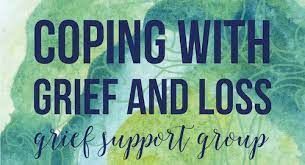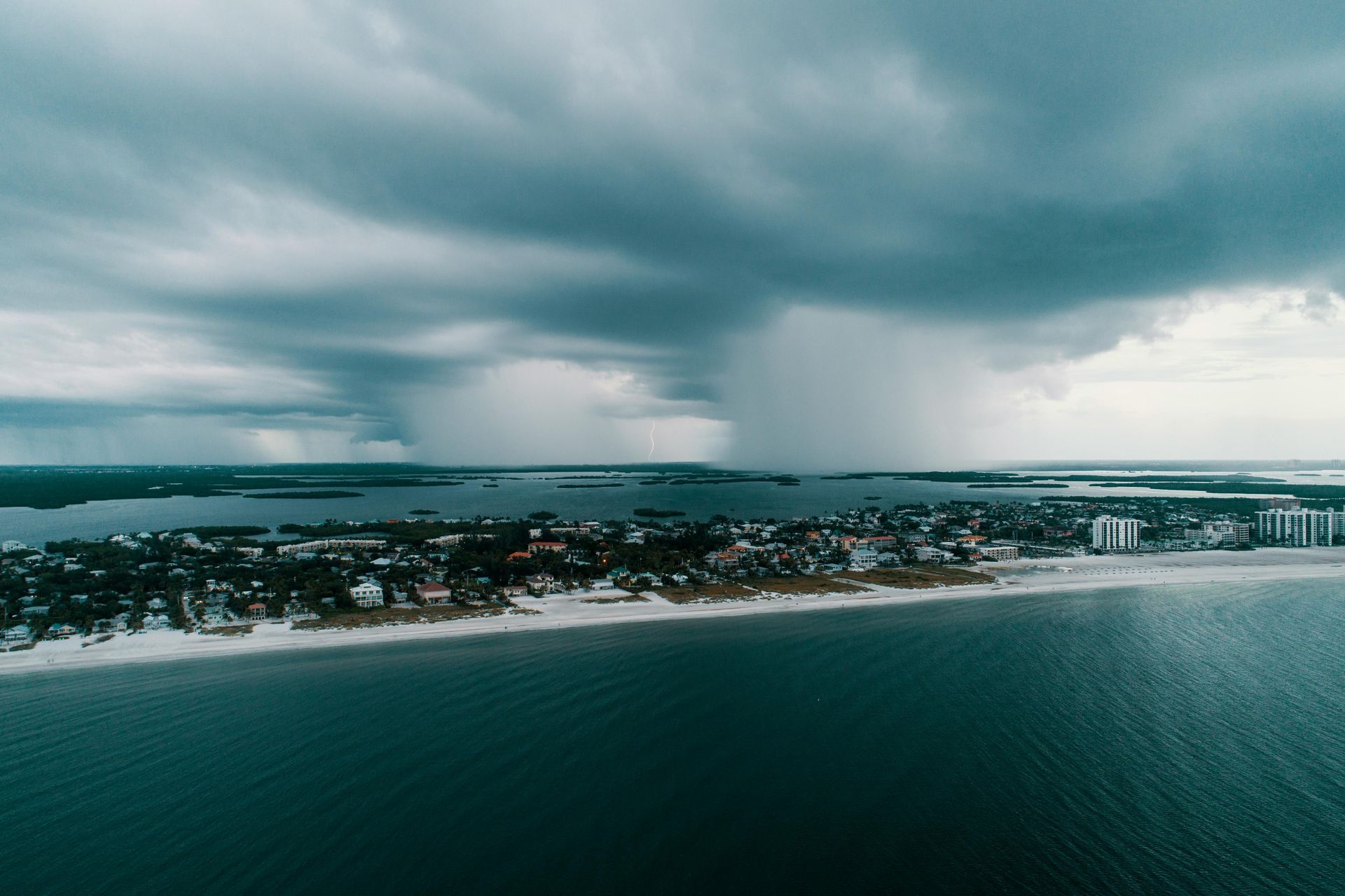Grief Awareness Day

August 30th is grief awareness day and is dedicated to the different ways people cope with loss. Grief affects each person differently and no one knows how it will affect them or how long it will affect them. Each person must be allowed ample time and space to grieve in their own way; whatever way that is and for however long it takes.
Grief comes in many different forms, of course, the loss of a loved one or friend is the most common, but grief can be caused from the loss of a job, a house, or a routine we have known for years. Some people do very well with change, while it can take others time to adjust to changes, especially if it is a drastic change.
Everyone experiences grief differently and there is no right way to grieve. Some people get angry and are full of regret, some dive into depression and wonder if they’re ever going to be the same, and others walk around in a fog for a long time. All these feelings are normal and others who have been through the grieving process can help you immensely. Also, trained therapists are extremely helpful during your time of grief.
Healing from grief requires time and you must go “through” it. One of the best sayings for dealing with grief is, the only way to get to the other side is . . . through. If you think about it, it’s such a simple statement and refers to many things in life, but when dealing with grief, you MUST go “through” it to handle life later.
So many people turn to drugs and alcohol in times of grief. These are not the answer; they only mask the pain temporarily. The pain will not go away, and you will never be able to cope with the loss. You must be of a sound mind to manage your loss so you can carry on with your life.
After a loss, you may find it hard to even just get out of bed in the morning; it could feel like it’s impossible because the grief can weigh you down. You may withdraw from other activities and people as well. But remember, living a normal life doesn’t mean you forgot about your lost loved one; you will always have the memories. But don’t force yourself to do anything you are uncomfortable with too quickly, starting small is fine.
You need to find the best method to grieve that works for you. Whether it be exercise or some kind of routine, talking to a counselor, or leaning on friends and family for support, find a healthy way that works for you and work through your grief.
Many churches provide grief groups; there are also grief programs offered through local hospice programs and all are generally free of charge. Please get grief counseling to help you through this most difficult journey in your life. It’s not a shame to seek help when you need it; it’s a shame to need help and not seek it and something horrific happens to you. Please reach out to someone!!



